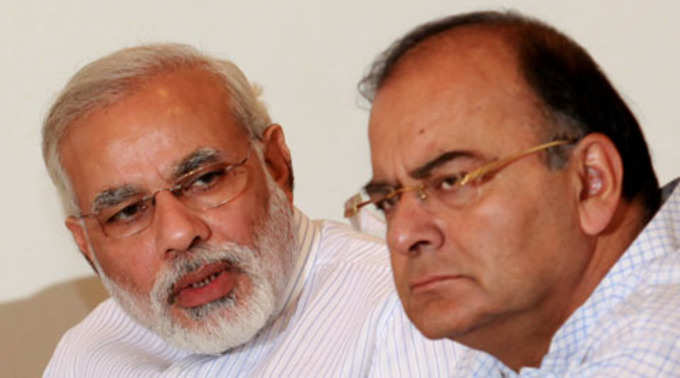 With D-Day approaching fast, the startup industry is eagerly speculating how well the Narendra-Modi led government will adopt and accommodate start-up friendly policies and initiatives in the upcoming Budget.
With D-Day approaching fast, the startup industry is eagerly speculating how well the Narendra-Modi led government will adopt and accommodate start-up friendly policies and initiatives in the upcoming Budget.A lot of expectations are riding on Arun Jaitley’s back. As he inches closer to February 29, here are crucial recommendations of the Indian Angel Network, country's oldest and largest angel investor group, to the “pro-business” government before the Finance Minister finally unveils their startup plan.
“We hope this budget would end one anomaly - treating unfavourably investments by AIFs and Angel Groups in unlisted companies. Currently investors of such companies pay a much higher tax on capital gains while taking a far higher risk as compared to publicly traded shares. We do expect that capital gains tax for AIF funds and angel group investors will be aligned to the current tax regime for investments made in listed shares,” says Mrs Padmaja Ruparel, President, Indian Angel Network.
Meanwhile, Mr Saurabh Srivastava, who is the past chairman of
He says: “The Startup India announcement was a great start. We are hoping that the budget would introduce the necessary measures to take it forward like
He also said: “We also hope that the government would end one anomaly and that is of treating unfavourably investments by AIFs and Angel Groups in unlisted companies.”
“Today, capital gains tax on investments in publicly listed companies are treated as long term capital gains and taxed at 0% if held for over one year and as short term if held for less than a year and taxed at 15%( plus STT in both cases). But investments in unlisted companies or start ups is taxed at 33% for short term and at 20% for long term capital gains, with the holding period for long term capital gains as 3 years,” explains Mr Srivastava.
“These investments in unlisted companies take more risks, are illiquid and create new ventures. They should be treated more favourably or at least on par with trading shares on the stock exchange.
This should be allowed at least for investments made by SEBI registered, widely held AIF Category 1 and Angel Funds. The AIFs can collect STT like stock exchanges on such transactions,” he adds.
Highlighting the advantages of this, Mr Srivastava says, “this will end the discrimination against domestic